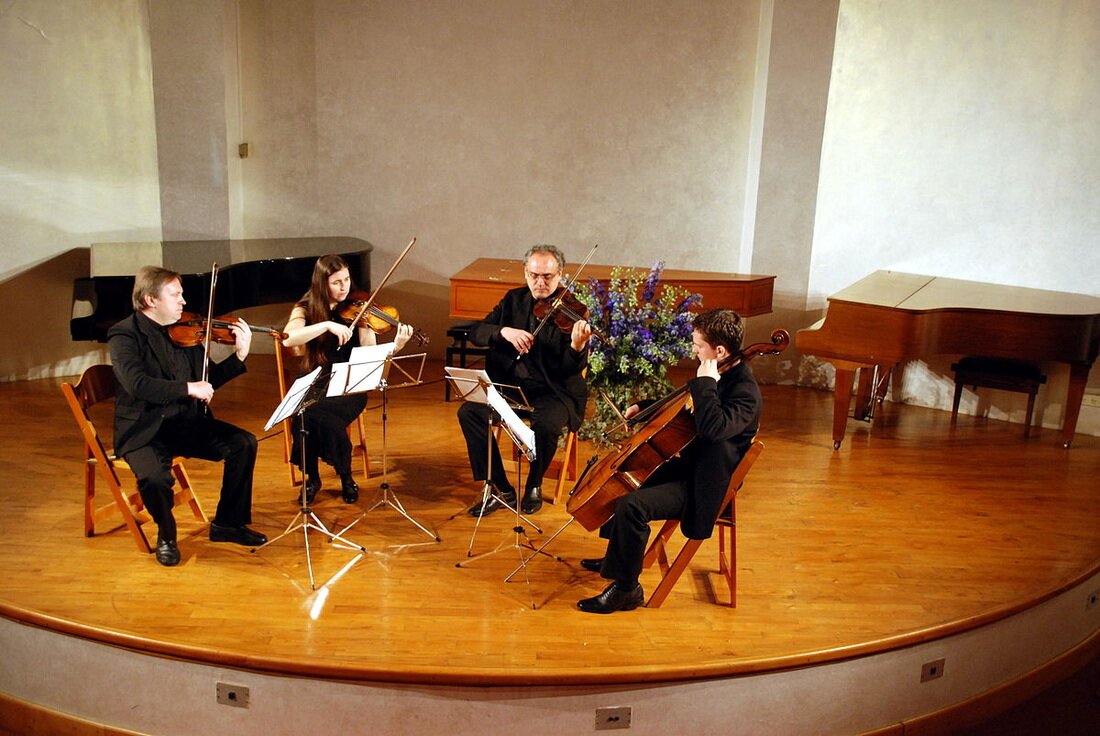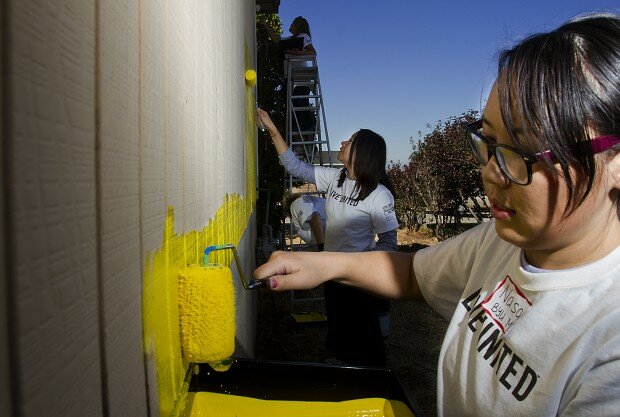|
|
|
Open Source Economic Development FAQ's
Open Source Economic Development is a method of strategic investment in open economic networks for community and economic development.
Q: What is Open Source Economic Development and what does it mean to do economic development from this kind of approach?
A: Open Source Economic Development is "thinking and doing" together in five areas of the Innovation Framework: Brainpower, Innovation & Entrepreneurship Networks, Quality Connected Places, Dialogue & Inclusion, and Branding Stories. We do this by launching an I-Open Civic Forum process or hosting a Strategic Doing workshop. By adhering to principles of behavior that build trust with one another, we are able to leverage the entrepreneurial passion and knowledge of individuals to advance collaborative initiatives for regional development. These principles are:
|
|
Q: If Open Source Economic Development means anyone can participate anywhere, anytime, does anyone organize it or is it just chaos or some kind of leaderless, hierarchy-free self-organization?
A: Different from top down organization invitation-only meetings, Open Source Economic Development is an inclusive process that requires guided leadership. The need for innovation in education, for example, is a topic everyone can relate to. A successful way to establish a process leveraging individual initiative is to host an Open Space gathering in education. Areas of interest and new ideas about education will emerge. The next step is for committed partners to work together collaboratively to design next steps toward taking action. |
The string quartet is a collaborative model of working together we can learn from. Photo: "Tallinn String Quartet in Tel Aviv" by Estonian Foreign Ministry - originally posted to Flickr as Tallinn String Quartet in Tel Aviv. Licensed under CC BY 2.0 via Wikimedia Commons.
|
|
United Way volunteers clean up Orem home on annual service day. Photo: Nasa Lkhagvasuren, right, and Nan Gong, center, of the BYU Masters of Public Administration, volunteer with United Way to paint and clean up Anne and Jim Paul's house in Orem on Thursday, September 13, 2012. JIM MCAULEY/Daily Herald.
|
Q: Do the thousands of people now in corporate, government, funding, and civic leadership positions have any role or power in this Open Source model?
A: Yes. Open Source Economic Development discriminates only by those who have initiative and are known for getting things done. Every individual has ideas of value. The challenge, regardless of prior experience, is to practice behaviors that build trust and encourage collaboration, enabling a free flow of diverse idea exchange. Once a climate of sharing is established, “group think” can evolve to the next maturation of thought resulting in new idea innovation. |
Q: Does Open Source Economic Development mean in the end everything is common property and no one "owns" anything?
A: We need to be careful not to confuse property ownership with idea ownership. Innovative thinking is the result of a deep consideration of many perspectives of a single problem and does not happen in a vacuum. Open Source Economic Development activity is in service of the public good - providing opportunity to accelerate individual thinking and mature regional thinking. Trust is an important component, because it allows contributors to realize that what they offer will be returned exponentially in the form of ideas, social capital and professional services. Mutual respect of idea origination, that no two ideas are alike and the understanding that idea creation is not finite are important understandings to grasp. This kind of thinking allows individuals to "let go" of ownership, which impedes idea development. Everyone benefits collectively.
A: We need to be careful not to confuse property ownership with idea ownership. Innovative thinking is the result of a deep consideration of many perspectives of a single problem and does not happen in a vacuum. Open Source Economic Development activity is in service of the public good - providing opportunity to accelerate individual thinking and mature regional thinking. Trust is an important component, because it allows contributors to realize that what they offer will be returned exponentially in the form of ideas, social capital and professional services. Mutual respect of idea origination, that no two ideas are alike and the understanding that idea creation is not finite are important understandings to grasp. This kind of thinking allows individuals to "let go" of ownership, which impedes idea development. Everyone benefits collectively.
Q: Do people need any new kinds of skills or knowledge or competencies in order to "do Open Source" and if so which, can they be learned, and how?
A: We have what we need; we're just out of practice. We need to be comfortable multi-tasking on a high level and be able to "bungee-jump" from the 10,000-foot level to rock bottom. For example, acquisition of what’s new and the habit of “refreshing” existing competencies is critical in technology, dialogue and facilitation, project process and networking. We need to trust one another, think in terms of abundance instead of scarcity, practice working together, use less, appreciate more and take leadership on things that matter. By learning from local leaders and early adopters we can learn, re-up and invest in our regions.
A: We have what we need; we're just out of practice. We need to be comfortable multi-tasking on a high level and be able to "bungee-jump" from the 10,000-foot level to rock bottom. For example, acquisition of what’s new and the habit of “refreshing” existing competencies is critical in technology, dialogue and facilitation, project process and networking. We need to trust one another, think in terms of abundance instead of scarcity, practice working together, use less, appreciate more and take leadership on things that matter. By learning from local leaders and early adopters we can learn, re-up and invest in our regions.
Q: Can a region or community do Open Source Economic Development in an environment where big funders, big business, and big government defines economic development as investing in commercial, real estate, and hot big-ticket technology ventures?
A: There are always obstacles in all kinds of sizes, shapes and forms. The challenge is to innovate far beyond any barriers and maintain the focus on what is important, always pushing ahead. Martha Layne Collins, Former Governor of Kentucky says we'll never have enough money and we will never have enough time. The key is to out perform!
A: There are always obstacles in all kinds of sizes, shapes and forms. The challenge is to innovate far beyond any barriers and maintain the focus on what is important, always pushing ahead. Martha Layne Collins, Former Governor of Kentucky says we'll never have enough money and we will never have enough time. The key is to out perform!
|
Q: How does I-Open, or any organization or community adopting methods of Open Source Economic Development, intend to measure success?
A: Our success will be measured in performance of initiatives, quality of teamwork, and networks modeling behaviors that build trust and collaboration to accelerate change and generate sustainable regions. |
Start an I-Open Civic Forum where you live. Share information, build open economic networks, and assemble high performance teams to catalyze transformative initiatives in Open Source Economic Development. Begin to strengthen collective capacity in your region and the world.
|
- Betsey Merkel, Co-Founder, Director, and Social Intelligence Lead, I-Open
|
|
Support I-Open
Ensure education, economic and workforce development services such as knowledge sharing, communications and engagement for a network of community and economic developers. Send your donation to I-Open by clicking on the secure PayPal donate button below.
Ensure education, economic and workforce development services such as knowledge sharing, communications and engagement for a network of community and economic developers. Send your donation to I-Open by clicking on the secure PayPal donate button below.




